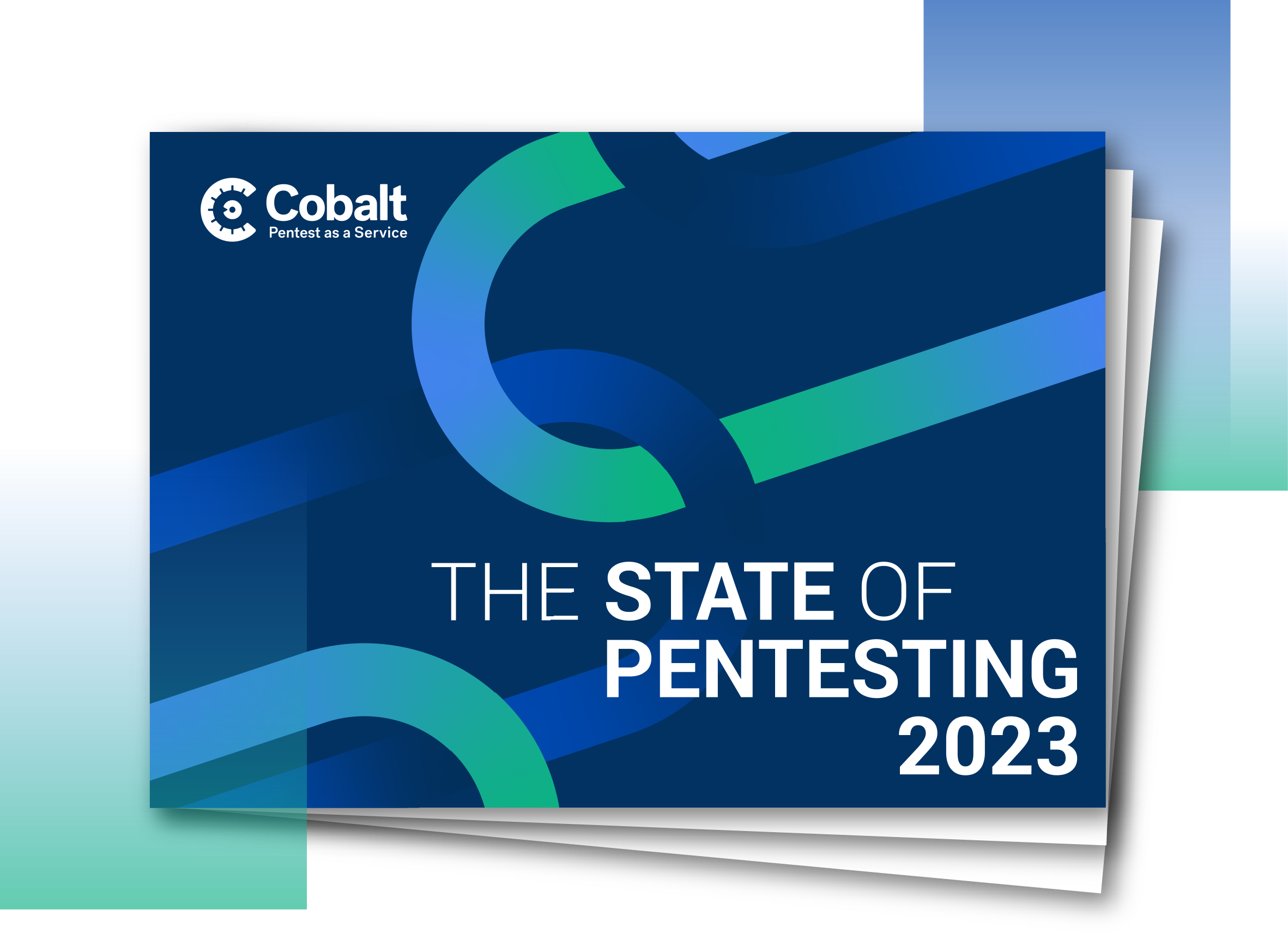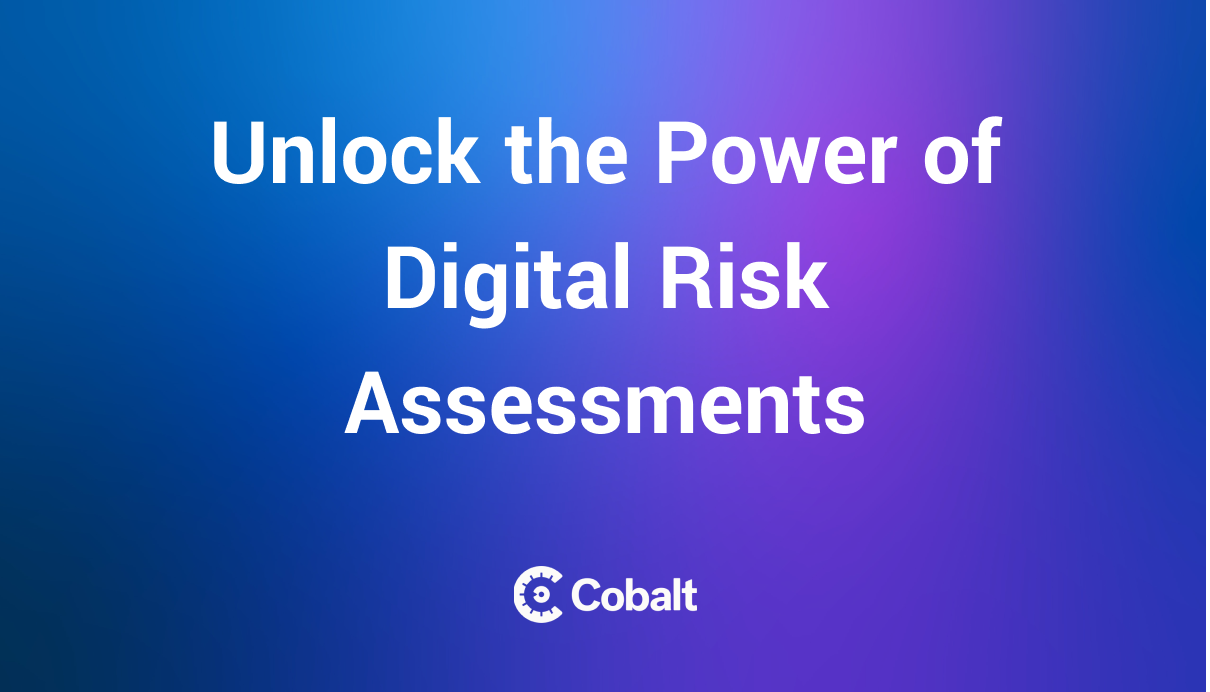In recent years, the financial sector in the European Union has witnessed a significant digital transformation, bringing both opportunities and new risks.
The rapid integration of technology in financial services has led to increased efficiency and innovation. However, it has also exposed these entities to heightened cybersecurity threats and technological disruptions. In response to these evolving challenges, the EU introduced the Digital Operational Resilience Act (DORA) in January 2023.
This critical regulation focuses on the digital resilience of the financial market, ensuring that a wide range of financial market participants, including banks, insurance companies, and investment firms, can withstand and quickly recover from potential technological disruptions.
DORA represents a comprehensive response to the digital era's unique risks, underscoring the EU's commitment to maintaining a stable and secure financial environment.
Overview of DORA
DORA's framework contains a range of specific requirements, each targeting a key aspect of digital operational resilience. These stipulations address the need for governance, risk management, and incident response, reflecting the increasing importance of Information and Communication Technology (ICT) stability in the financial sector's ever-evolving digital landscape.
- Purpose and Necessity: DORA addresses the financial sector's escalating dependency on digital technology and external tech services. This growing reliance exposes financial entities to heightened risks of cyber-attacks and digital disruptions. DORA aims to bolster the sector's resilience against such threats, ensuring stability and continuity in financial services, which is vital for the broader economy.
- Enforcement: The regulation is enforced by the three European Supervisory Authorities: the European Banking Authority (EBA), the European Insurance and Occupational Pensions Authority (EIOPA), and the European Securities and Markets Authority (ESMA). These authorities are responsible for formulating and refining policy products that will guide DORA's application, ensuring consistent implementation across the financial sector.
- DORA Requirements: The regulation introduces detailed requirements focusing on governance, ICT risk management, and contractual norms with third-party ICT providers. It mandates standardized reporting of serious ICT incidents to foster a unified response strategy. Regular testing of ICT systems for operational stability and robust threat detection and response mechanisms are also integral components of these requirements.
Key Areas Covered by DORA
DORA's regulatory scope extends to various critical areas essential for maintaining operational resilience in the financial sector. These areas represent a comprehensive approach to managing the diverse challenges posed by the digital economy.
Governance and ICT Risk Management
DORA places significant responsibility on management teams to ensure digital operational resilience. This encompasses the creation of a comprehensive ICT risk management framework tasked with the identification, assessment, management, and monitoring of ICT risks. A crucial aspect of this is the development of resilient ICT systems throughout the European Economic Area, ensuring they meet uniform standards of stability and security.
Contract Requirements with Third-Party ICT Providers
Financial institutions must incorporate specific contract requirements with third-party ICT providers. This involves categorizing existing contracts, establishing target requirements, conducting a gap analysis, and addressing any gaps.
Additionally, DORA changes the responsibility and liability risks regarding third-party ICT risks, necessitating a review and potential adjustment of insurance coverage. It also underscores the importance of ongoing diligence and monitoring of these relationships, reflecting the critical role of third-party providers in the ICT ecosystem.
Standardized Reporting Obligations
DORA aims to standardize reporting for serious ICT incidents across the European financial industry. The goal here is to improve incident responses and ensure effective cooperation between national and European authorities.
The reporting requirements include the introduction of uniform procedures for monitoring, classifying, and reporting ICT incidents to relevant authorities. Consistency in reporting not only aids in swift response but also facilitates a better understanding of emerging risks and trends across the sector.
Monitoring of Third-Party ICT Providers
Effective monitoring of risks posed by third-party ICT providers is essential. Implementation includes penalties and termination options for non-compliant third-party ICT providers, ensuring robust risk monitoring by financial firms. This proactive approach to oversight is crucial in a landscape where outsourcing and third-party services are increasingly common.
Regular Testing of ICT Systems
Regular testing for the operational stability and security of critical ICT systems is mandated. A risk-based testing approach is required, such as conducting penetration tests on live production systems at least every three years to identify vulnerabilities and counter potential attack vectors.
This regular testing is pivotal for keeping pace with evolving cyber threats and ensuring that defenses remain robust and effective.
Effective Detection and Response to Threats
Financial organizations must ensure their ICT systems and processes can swiftly and effectively detect and respond to potential threats.
An example is implementing automatic network isolation during cyber-attacks to minimize data loss and system failure while expediting the restoration of normal operations. This capability is fundamental to maintaining business continuity and protecting customer data in the event of a security breach.
Broader Implications and Strategic Changes Introduced by DORA
With the introduction of the Digital Operational Resilience Act, the European Union has taken a decisive step toward consolidating its approach to ICT regulation. It requires financial institutions to align with a unified framework focused on enhancing their capacity to manage ICT risks and strengthen operational resilience.
However, the journey toward compliance is filled with challenges, including budget limitations and the complexities involved in system integration and mapping. To tackle these, firms are emphasizing robust incident response and meticulous third-party risk management.
Central to DORA's mandate is the rigorous, scenario-based testing of critical ICT systems, coupled with a strengthened focus on managing risks associated with third-party providers. Firms are now diligently working to ensure compliance while developing comprehensive strategies to remediate identified vulnerabilities.
Supporting these transformative efforts is the EU's substantial funding, a clear indication of its commitment to enhancing the sector's resilience against the growing threat of cyber incidents. This support not only aids in compliance but also reinforces the EU's vision of a resilient, secure digital financial landscape.
The Impact and Purpose of DORA
DORA brings a transformative approach to digital resilience, mandating a thorough Digital Resilience Strategy that covers every aspect of a company's ICT infrastructure. This strategy isn't a mere addition to existing protocols; it's a comprehensive overhaul that requires a detailed understanding of the technology landscape underpinning key business operations.
This new era of digital resilience places CEOs and Executive Committees at the forefront, tasking them with the critical role of orchestrating this strategic shift. Their role involves fostering collaboration across various departments, ensuring that the entire organization works in unison towards enhanced digital security and operational stability.
The regulation's structure is built on six critical elements: Governance & Organization, ICT Risk Management, Incident Management, Classification & Reporting, Operational Resilience Testing, Third-Party Risk Management, and Information Sharing. Each of these elements plays a vital role in establishing a robust digital environment.
For security teams, adapting to DORA's requirements presents unique challenges, particularly in terms of financial investment. To address this, the regulation incorporates flexibility, adjusting requirements based on a company's size and complexity. This balanced approach is designed to ensure that the push toward a fortified digital marketplace is achievable and sustainable for businesses of all sizes.
The Road Ahead Under DORA
DORA is a comprehensive regulation that aims to fortify the digital operational resilience of the financial sector in the EU. It presents a structured framework for managing ICT risks, enforcing standardized reporting, and ensuring effective incident management and third-party risk monitoring.
While its implementation poses challenges, particularly in terms of financial implications for smaller firms, its proportionate application seeks to balance these concerns. As the deadline for compliance approaches, financial entities need to align their strategies and operations with DORA's requirements to ensure a resilient and secure financial landscape.















%20(23).png)




